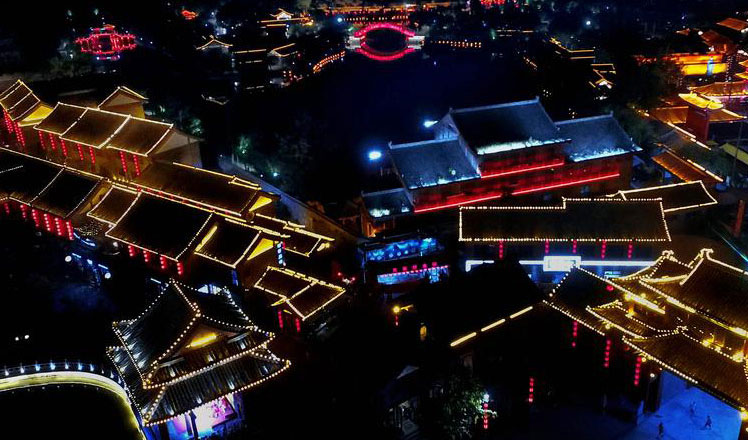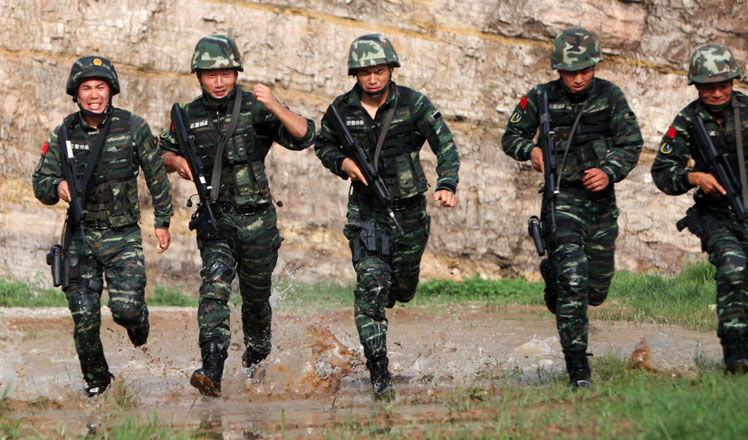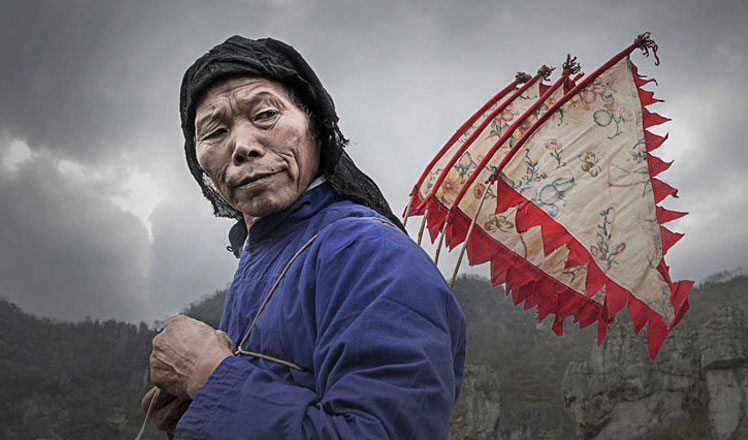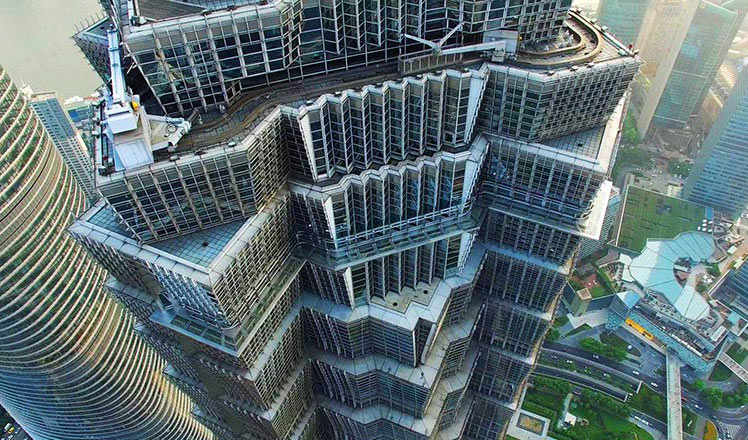Government, fishermen protect environment of islands and sea
Updated: 2016-08-01 16:55
(Xinhua)
|
||||||||
HAIKOU - Huang Hongbo and his colleagues have patrolled the islets and reefs of the Qilianyu Islands in the South China Sea daily for four years to protect sea turtles and their eggs.
"If we see eggs on the beach, we usually set up a sign to alert local fishermen to be careful and not to harm them," said Huang, 64, head of the turtle protection station of Beidao, part of the Qilianyu Islands.
Huang is a veteran fisherman who knows a lot about the habits of sea turtles. He was invited to head the protection station right after the establishment of Sansha City, which celebrated its fourth birthday last Sunday.
Huang's position reflects China's efforts to preserve the environment in the South China Sea.
Marine environment protection is high on the Sansha city government's agenda, said mayor Xiao Jie.
During the past four years, 469 million yuan (about 70.5 million U.S. dollars) has been poured into environmental protection, said Shi Guoning, head of the city's land resources and environmental protection bureau.
MARINE LIFE
According to Huang, the Sansha city government has cracked down on the capture and trade of sea turtles and their eggs and banned activities that could affect their growth and reproduction.
Last June, two Chinese fishermen were fined and given suspended prison terms for trading endangered sea turtles by the Sansha Islands Court.
The culprits, who were captain and chief engineer of a ship, obtained 24 sea turtles from Filipino fishermen in October 2014 in exchange for rice, cooking oil and biscuits. The Chinese coast guard later released 22 of the turtles back to the sea, while the other two died.
Strict law enforcement has deterred poaching of sea turtles, Huang said. "Now fishermen know there are consequences to catching turtles. When they find eggs, they call us to help."
If the eggs are laid too close to the sea, or during adverse weather, such as typhoons, hatching on the beach is impossible, so staff from the protection station bring the eggs back and release the baby turtles into the sea, Huang said.
Huang said local fishermen have also learned to protect fishery resources. On Beidao, fishermen have agreed to release small fish and have set standards for the release of different fish species.
Chinese fishermen have followed a seasonal fishing ban in the South China Sea for 18 years. From May 16 to Aug. 1 every year, no fishing is allowed in parts of the sea under China's jurisdiction, except with single-layer gill nets and conventional angling.
"To be honest, the fishing ban period is quite tough for us. But we know it's for the sake of better harvests in the future," said fisherman Fu Xiaoming.
GREEN ISLANDS
Improved infrastructure has helped minimize islanders' impact on the environment.
On Yongxing Island, where the city government is located, the exploitation of groundwater has stopped for more than six months due to improved sea water desalination capacity. Desalination facilities have been set up on most inhabited islands and reefs.
With a network of more than 9,000 meters, a wastewater treatment plant on Yongxing, which began operating last July, has a daily capacity of 1,800 tonnes. The reclaimed water is used for landscaping. A trash disposal project on the island turns garbage into fertilizer.
The visibility of waters surrounding Sansha is about 20 meters, Shi Guoning said.
Earlier this month, Chinese researchers announced that they had confirmed the world's deepest underwater sinkhole, or blue hole, on the Xisha Islands.
The government has also planted trees on the barren sands to improve living conditions of islanders and shield the coastline from erosion by wind and waves. Last year, the Sansha city government planted more than 300,000 trees and 500,000 are planned for this year.
"Years ago, we slept with the wind roaring every night. But now, coconut trees protect us. Only islanders understand how precious the trees are," said Fu Minggang of Zhaoshu Island in Qilianyu.
"If we see eggs on the beach, we usually set up a sign to alert local fishermen to be careful and not to harm them," said Huang, 64, head of the turtle protection station of Beidao, part of the Qilianyu Islands.
Huang is a veteran fisherman who knows a lot about the habits of sea turtles. He was invited to head the protection station right after the establishment of Sansha City, which celebrated its fourth birthday last Sunday.
Huang's position reflects China's efforts to preserve the environment in the South China Sea.
Marine environment protection is high on the Sansha city government's agenda, said mayor Xiao Jie.
During the past four years, 469 million yuan (about 70.5 million U.S. dollars) has been poured into environmental protection, said Shi Guoning, head of the city's land resources and environmental protection bureau.
MARINE LIFE
According to Huang, the Sansha city government has cracked down on the capture and trade of sea turtles and their eggs and banned activities that could affect their growth and reproduction.
Last June, two Chinese fishermen were fined and given suspended prison terms for trading endangered sea turtles by the Sansha Islands Court.
The culprits, who were captain and chief engineer of a ship, obtained 24 sea turtles from Filipino fishermen in October 2014 in exchange for rice, cooking oil and biscuits. The Chinese coast guard later released 22 of the turtles back to the sea, while the other two died.
Strict law enforcement has deterred poaching of sea turtles, Huang said. "Now fishermen know there are consequences to catching turtles. When they find eggs, they call us to help."
If the eggs are laid too close to the sea, or during adverse weather, such as typhoons, hatching on the beach is impossible, so staff from the protection station bring the eggs back and release the baby turtles into the sea, Huang said.
Huang said local fishermen have also learned to protect fishery resources. On Beidao, fishermen have agreed to release small fish and have set standards for the release of different fish species.
Chinese fishermen have followed a seasonal fishing ban in the South China Sea for 18 years. From May 16 to Aug. 1 every year, no fishing is allowed in parts of the sea under China's jurisdiction, except with single-layer gill nets and conventional angling.
"To be honest, the fishing ban period is quite tough for us. But we know it's for the sake of better harvests in the future," said fisherman Fu Xiaoming.
GREEN ISLANDS
Improved infrastructure has helped minimize islanders' impact on the environment.
On Yongxing Island, where the city government is located, the exploitation of groundwater has stopped for more than six months due to improved sea water desalination capacity. Desalination facilities have been set up on most inhabited islands and reefs.
With a network of more than 9,000 meters, a wastewater treatment plant on Yongxing, which began operating last July, has a daily capacity of 1,800 tonnes. The reclaimed water is used for landscaping. A trash disposal project on the island turns garbage into fertilizer.
The visibility of waters surrounding Sansha is about 20 meters, Shi Guoning said.
Earlier this month, Chinese researchers announced that they had confirmed the world's deepest underwater sinkhole, or blue hole, on the Xisha Islands.
The government has also planted trees on the barren sands to improve living conditions of islanders and shield the coastline from erosion by wind and waves. Last year, the Sansha city government planted more than 300,000 trees and 500,000 are planned for this year.
"Years ago, we slept with the wind roaring every night. But now, coconut trees protect us. Only islanders understand how precious the trees are," said Fu Minggang of Zhaoshu Island in Qilianyu.
- From hunting wild fruits to satellite dishes: Life of Myanmar returnees
- World's first panda-themed subway line runs in Chengdu
- Minister: PLA to firmly protect maritime rights
- China raises alert level ahead of Typhoon Nida
- Japanese suspect detained in security inquiry
- Xi: Disaster relief must be improved
- Powerful blast rocks Afghan capital amid darkness
- Tokyo elects 1st female governor
- 450th Old Bridge diving competition held in Mostar
- S. Korea to launch WWII 'comfort women' victims foundation
- China to become Australia's biggest tourist source market
- Patient shoots, kills doctor in Berlin then kills himself

 Amazing night view of Kaifeng in Henan province
Amazing night view of Kaifeng in Henan province
 In pics: Women soldier carrying the flag
In pics: Women soldier carrying the flag
 Rough and tough world of soldiers' training
Rough and tough world of soldiers' training
 Moments from the 2016 Tour of Qinghai Lake
Moments from the 2016 Tour of Qinghai Lake
 Panda-themed subway line runs in Chengdu
Panda-themed subway line runs in Chengdu
 In pictures: Aerial images of Rio's Olympic venues
In pictures: Aerial images of Rio's Olympic venues
 Images reveal distinctive Tunpu culture in Guizhou
Images reveal distinctive Tunpu culture in Guizhou
 Ten photos from around China: July 22 – 28
Ten photos from around China: July 22 – 28
Most Viewed
Editor's Picks

|

|

|

|

|

|
Today's Top News
Ministry slams US-Korean THAAD deployment
Two police officers shot at protest in Dallas
Abe's blame game reveals his policies failing to get results
Ending wildlife trafficking must be policy priority in Asia
Effects of supply-side reform take time to be seen
Chinese State Councilor Yang Jiechi to meet Kerry
Chinese stocks surge on back of MSCI rumors
Liang avoids jail in shooting death
US Weekly

|

|







